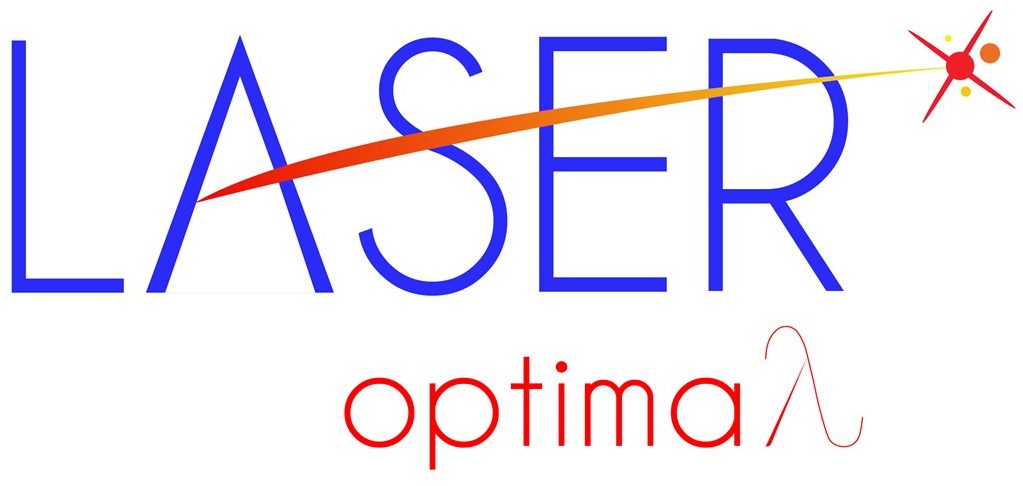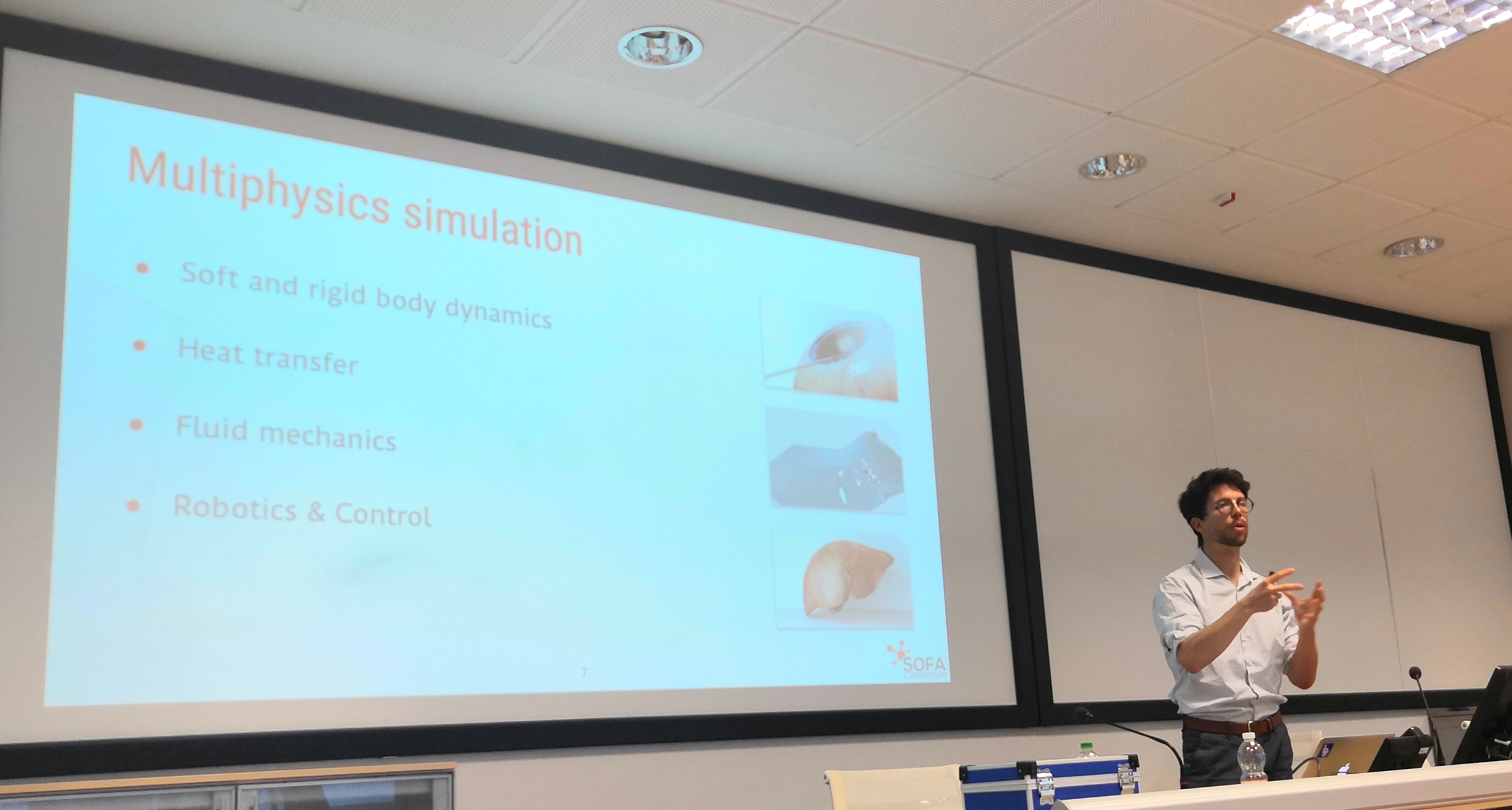
MeccPhD Lecture “SOFA: an open-source solution for collaborations, prototyping and innovation in simulation”
Dr. Hugo Talbot (SOFA Consortium)
March 20, 4:00 pm Sala Consiglio – Dipartimento di Meccanica
As in many engineering sectors, numerical simulation has become invaluable, namely for medical education, therapy planning and implant design. However, simulation softwares remain expensive and require a high level of expertise to be used correctly and effectively. SOFA (Software Open Framework Architecture) is an open-source framework primarily targeted at real-time simulation, with an emphasis on medical simulation. This innovative and collaborative tool is developed by a worldwide community of experts in physics simulation, and gathers about 12 years of scientific research. Both academic and industrial developers create their own proprietary simulations based on SOFA, benefiting from its LGPL license. Many research centers actively work and publish using SOFA while five startups have been created for the last five years. This talk will present you SOFA, how to use it and the various fields of applications.
Dr. Hugo Talbot originally studied mechanical engineering, and graduated in 2010 from both Karlsruhe Institute of Technology (Germany) and INSA Lyon (France). He defended his PhD in medical simulation at Inria (France) in July 2014. His work focused on the real-time simulation of the electrical activity of the human heart. From 2014 until late 2015, Hugo worked on the simulation of cryoablation and cardiac electrophysiology as research engineer. Since January 2016, Hugo Talbot is the coordinator of the open-source project SOFA. SOFA is an open-source framework for multi-physics simulation and is being developed for more than 12 years. Today, SOFA benefits from a large international community made up of research centers and companies. The objectives of Hugo are to develop the community, to ensure the technical evolution of the software, to foster research collaborations and technology transfers.
41th International Engineering in Medicine and Biology Conference – July 24th 2019, CityCube Berlin, Germany
Tutorial: “Heat-based techniques for cancer removal: a journey through state-of-the-art, research and clinical application”
organizers:
Prof. Paola Saccomandi – Politecnico di Milano, Italy
Prof. Emiliano Schena – Università Campus Bio-Medico di Roma, Italy
invited speakers:
Prof. Daniele Tosi – School of Engineering, Nazarbayev University, Kazakhstan
Prof. Punit Prakash – Kansas State University, Manhattan, Kansas State
Dr. Wafa Abidi – Beckmann Research Institute, City of Hope, Duarte, California
You are invited to take part at the Tutorial!
New call for PhD student starting in May 2019!
Fiber-optic based sensors for thermal damage monitoring of laser ablation outcome in biological tissues
The successful student will work in the framework of European
Research Council (ERC)-funded project LASER OPTIMAL (Laser
Ablation: SElectivity and monitoRing for OPTImal tuMor removal).
Methods and techniques
In order to develop novel approaches for the real-time monitoring of the laser ablation treatment in clinical setting, it is necessary to assess suitable measurement techniques of temperature-related quantities, which allow controlling the therapy outcome. The measured values are useful to validate theoretical predictive models of the heat transfer in the tumor and in the tissue around.
The candidate is expected to develop a real-time monitoring approach for measuring the temperature or temperature-related quantities during the laser therapy, by employing and developing sensing techniques based on fiber optic sensors. At the end of the PhD the candidate will have to show strong competences in experimental and measuring techniques.


